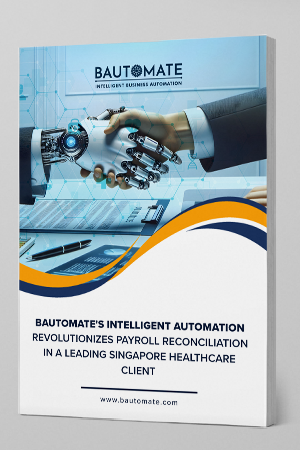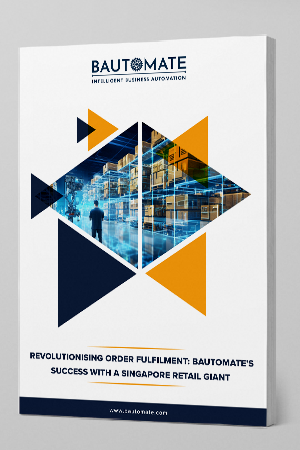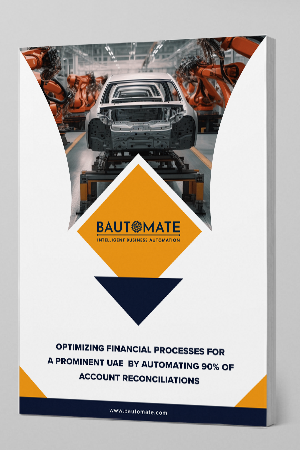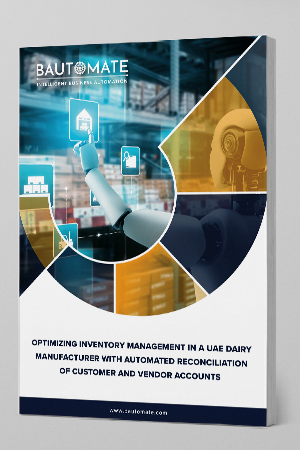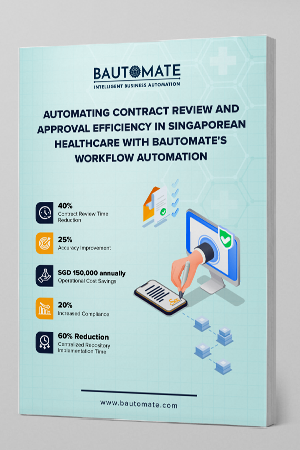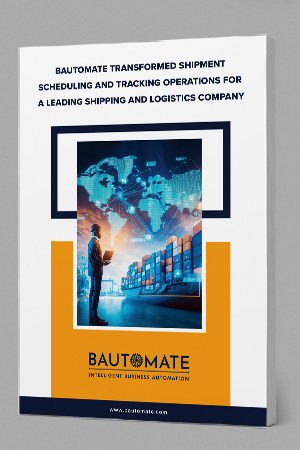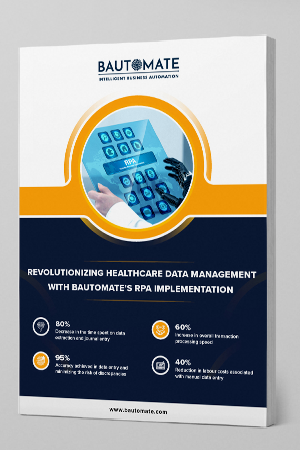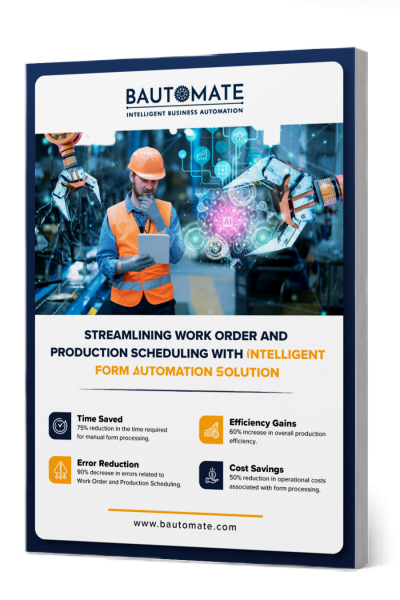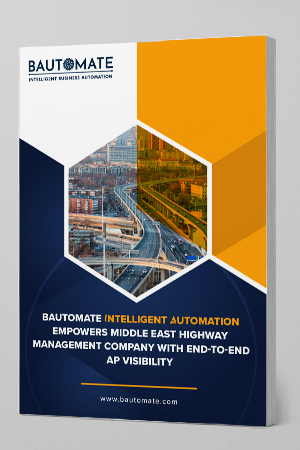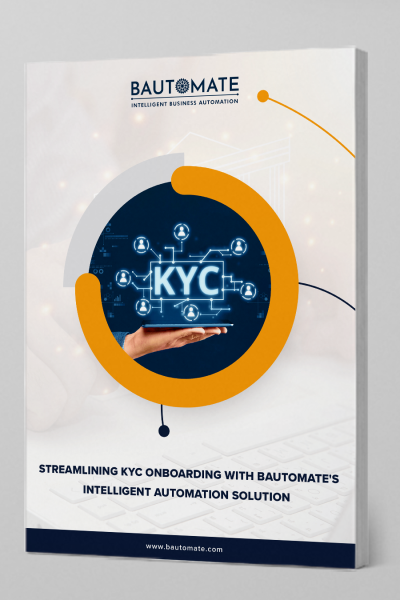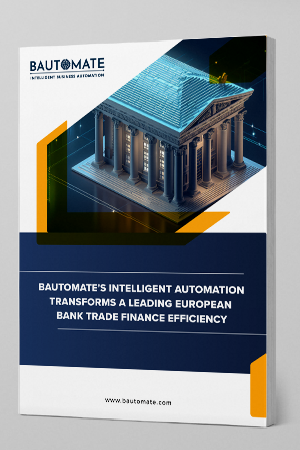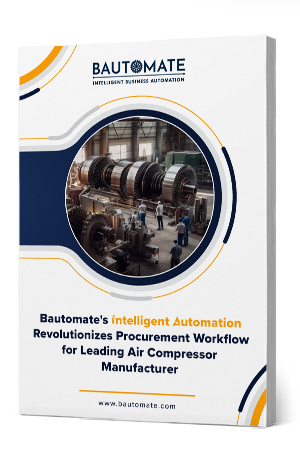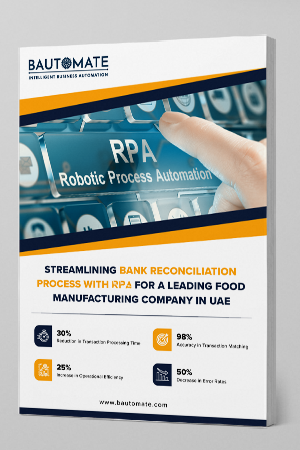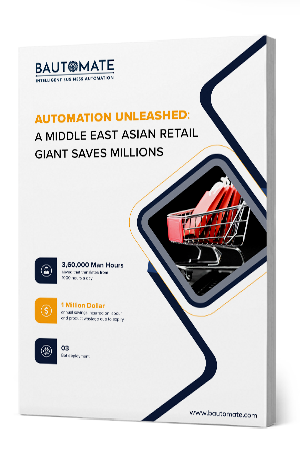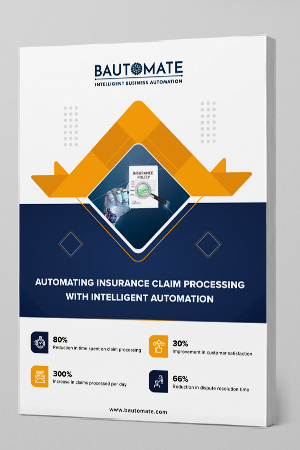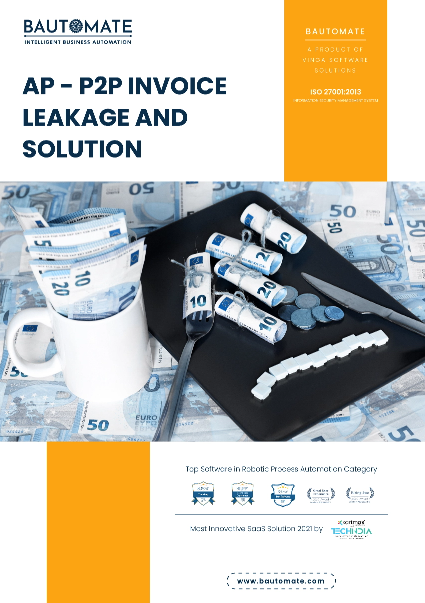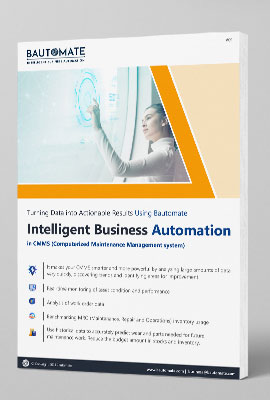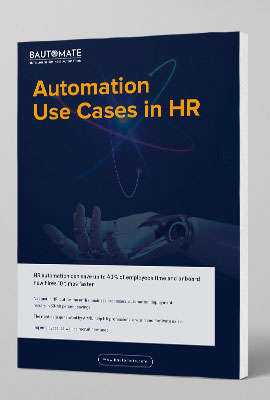

BPA can be used in a wide range of manufacturing processes, including assembly, material handling, inspection, testing, and more.
Automating the generation of reports and other documentation related to production.
Automating the scheduling and planning of production runs.
Automating the tracking of inventory levels and the replenishment of supplies.
Automating the communication and coordination of activities between different departments or locations.
BOM when done manually can cause human error which leads to product recalls and may bring the manufacturing business into dispute. With intelligent automation, your company can achieve a streamlined production, avoid version control issues and a fully automated BOM system.

Retailers and wholesalers can manage their inventory in real-time with automated inventory management. By combining AI and RPA, businesses can accelerate their operations and do more with data in hands for better decisions.
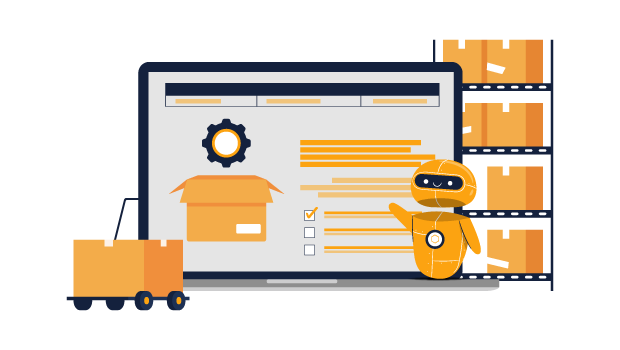
Our hyperautomation solution has the potential to dramatically improve invoice processing by combining AI based OCR and NLP capabilities which helps in reducing invoice processing time, prevents duplicate invoices and recurring invoice errors.
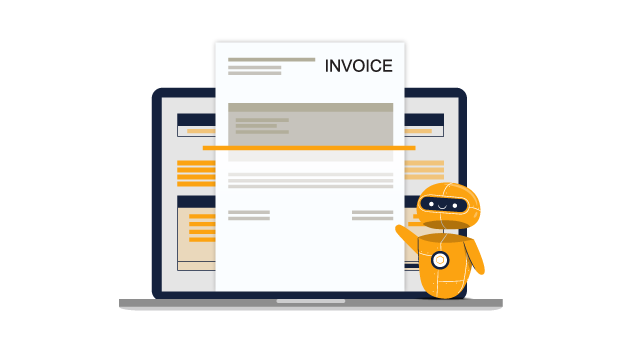
Real-time monitoring can help manufacturers avoid costly breakdowns by dealing with machinery before damage intensifies. Automation reduces breakdowns, prolonged downtime and is more cost-effective.
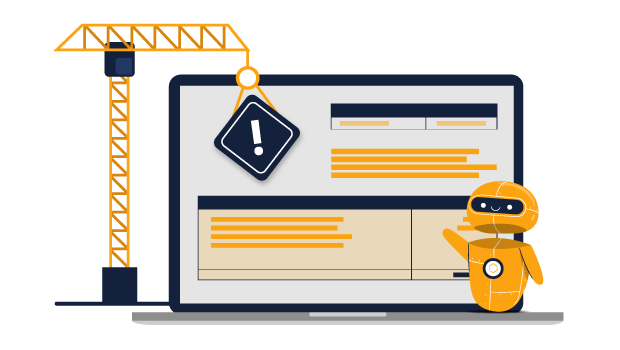
Managing supply chains and maintaining visibility is a complex undertaking as it handles numerous documents that impede the operational agility of a manufacturer. Our hyperautomation solution standardizes data across the supply chain and enables end-to-end document automation.
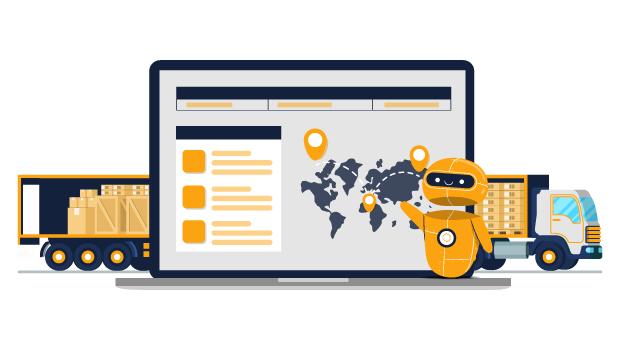

BPA (business process automation) is software for automating repeatable and multi-step business transactions. BPA solutions are more complex than other types of automation and can be connected to multiple enterprise IT systems. They can also be tailored to meet the specific needs of the organization.
While automation is expected to continue impacting manufacturers, with 34% of the current jobs likely to be automated within the next ten years, a substantial human workforce will still need to work alongside the technology.
Automation in manufacturing refers to using production management software and robotic tools to manage a factory while manufacturing a product. These tools can assist businesses in performing tasks such as assembly, inspection, inventory management, and production planning.
Where we share our thoughts, insights, and expertise on Automation that are important to our readers

You cannot copy content of this page


